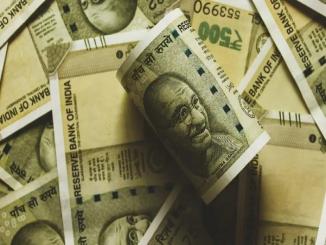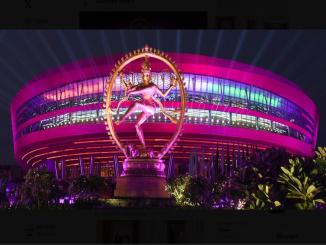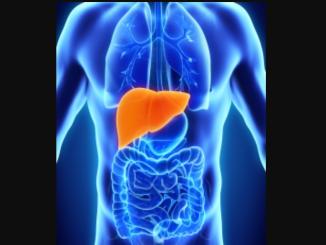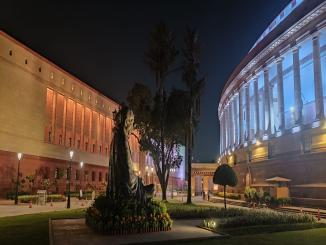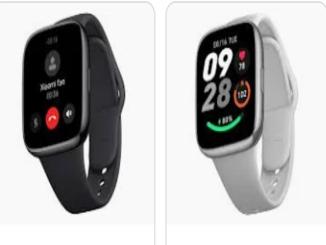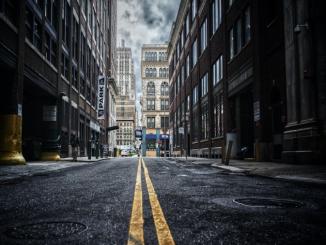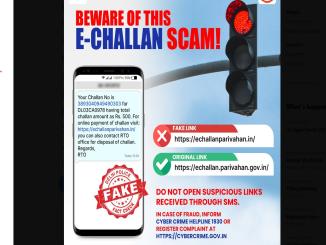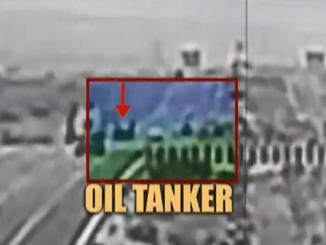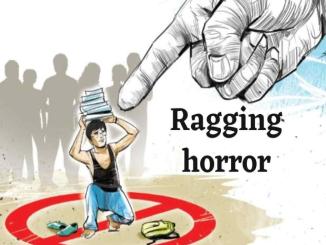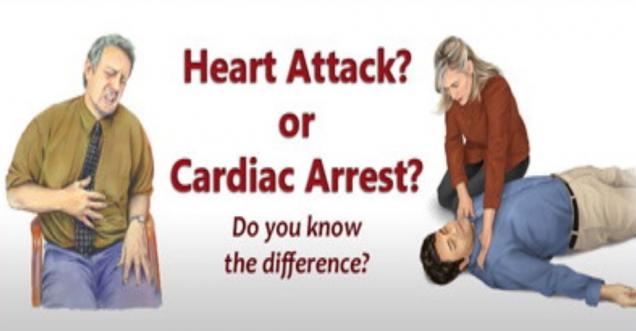
Health, Cardiac Arrest: Last Evening Jayalalithaa suffered a cardiac arrest on Sunday evening
In summary, there is a difference between a heart attack and a cardiac arrest. A heart attack occurs when the blood supply to part of the heart stops and thus causes a section of the heart muscle to begin to die; whereas a cardiac arrest occurs when the heart stops beating as a whole.
They are, in fact, two different conditions of the heart, which have varying symptoms, however, both can be fatal if not treated on time.
What is a heart attack?
A heart attack occurs when there is a blockage of the coronary arteries. This is often caused by a blood clot. Such a blockage, if not quickly resolved, can cause parts of heart muscle to die. If the blocked artery is not reopened quickly, the part of the heart normally nourished by that artery begins to die.
What is a cardiac arrest?
Unlike a heart attack, the heart actually stops beating wholly if the person suffers a cardiac arrest; whereas in a heart attack the heart normally continues to beat even though the blood supply to the heart is disrupted. cardiac arrest occurs suddenly and often without warning. It is triggered by an electrical malfunction in the heart that causes an irregular heartbeat
Symptoms of a heart attack include:
- Chest pain – this is likened to a feeling of tightness in the center of the chest which may last for several minutes and will not decrease upon resting. This symptom is one of the most common symptoms, however, not all people experience it if suffering from a heart attack.
- Shortness of breath
- Spreading of chest pain to other areas, most commonly to the arms, jaw, neck, back and abdomen
- Wheezing
- Coughing
- Feeling or being sick
- Anxiety
- Light-headedness or dizziness
- Sweating
- Weakness
- Palpitations (noticeable heartbeats)
Symptoms of a cardiac arrest are:
- Sudden loss of consciousness/responsiveness
- No breathing
- No pulse
The lack of pulse is caused by the heart actually stopping during a cardiac arrest. As a result, the organs of the body are deprived of blood, which can lead to sudden death.
A cardiac arrest and a heart attack are, however, linked, since a heart attack can cause a cardiac arrest. But a cardiac arrest cannot cause a heart attack.
This means that if there's a cut-off in the blood supply to a part of the heart muscle, which happens in a heart attack, it could cause the heart to stop beating and in turn cause a cardiac arrest.
Other heart conditions may also disrupt the heart’s rhythm and lead to sudden cardiac arrest. These include a thickened heart muscle (cardiomyopathy), heart failure, arrhythmias, particularly ventricular fibrillation, and long Q-T syndrome.
What to do: Sudden Cardiac Arrest
Cardiac arrest is reversible in most victims if it's treated within a few minutes. First, emergency services for emergency medical services. Then get an automated external defibrillator if one is available and use it as soon as it arrives. Begin CPR immediately and continue until professional emergency medical services arrive. If two people are available to help, one should begin CPR immediately..
Sudden cardiac arrest is a leading cause of death – over 320,000 out-of-hospital cardiac arrests occur annually in the United States. By performing Hands-Only CPR to the beat of the classic disco song “Staying’ Alive,” you can double or even triple a victim’s chance of survival. Learn the two easy steps to
With Inputs from heart.org





